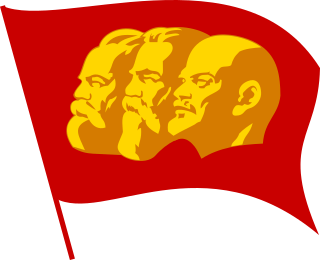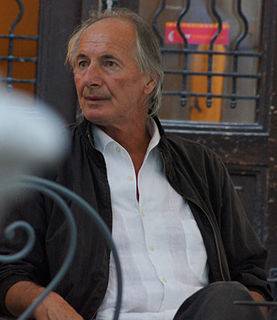Historically, among the most popular music festivals in Slovenia was the Slovenska popevka festival. Right after the World War II begun the long tradition of Jazz festivals in Slovenia, then part of the Titoist Yugoslavia, with the Jazz festival Ljubljana. [1]

Slovenia, officially the Republic of Slovenia, is a sovereign state located in southern Central Europe at a crossroads of important European cultural and trade routes. It is bordered by Italy to the west, Austria to the north, Hungary to the northeast, Croatia to the southeast, and the Adriatic Sea to the southwest. It covers 20,273 square kilometers (7,827 sq mi) and has a population of 2.07 million. One of the successor states of the former Yugoslavia, Slovenia is a parliamentary republic and a member of the United Nations, of the European Union, and of NATO. The capital and largest city is Ljubljana.

Titoism is described as the post-World War II policies and practices associated with Josip Broz Tito during the Cold War, characterized by an opposition to the Soviet Union.
Between 1981 and 2000 the Novi Rock festival was notable for bringing rock music across Iron curtain from the West to the Slovenian and then Yugoslav audience.
Novi Rock was a widely acclaimed rock festival in Ljubljana, Slovenia, which brought the latest currents in popular music to Slovene and Yugoslav audiences between 1981 and 2000. Igor Bašin wrote the book about the festival in 2006. The book takes an analytical look at the festival in the wider social context of the final decade of Yugoslavia and the first decade of independent Slovenia.
A number of music, theater, film, festivals takes place in Slovenia each year, including Ljubljana Summer Festival, Lent Festival.
The Ljubljana Summer Festival is a festival held between July and August in Ljubljana, the capital of Slovenia.

The Lent International Summer Festival is a major arts festival held for approximately two weeks at the end of June annually in Maribor, Slovenia. Organized by the Narodni dom Cultural Center every year the festival attracts theatre, opera, ballet performers, classical, modern, and jazz musicians and dancers from all over the world as well as visitors. There are also mimes, magicians, and acrobats performing during the festival.







